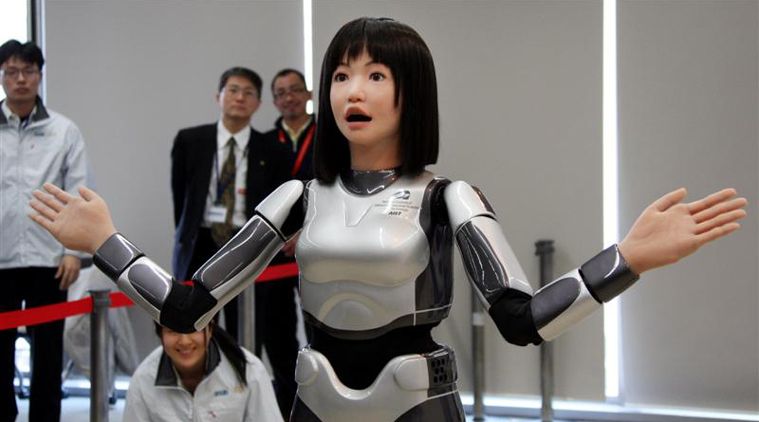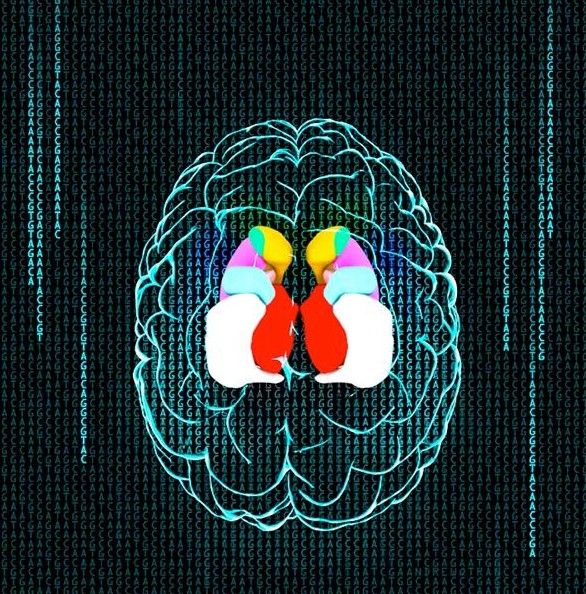Feb 16, 2015
The new global c endows Black Holes with radically new Properties
Posted by Otto E. Rössler in categories: existential risks, particle physics
c-global means that the speed of light in the vacuum, c, can no longer be added-on to other speeds like a global expansion speed.
Hence three historical events have the same structure:
• The “phlogiston” theory of fire got superseded by Lavoisier’s discovery of oxygen
• The “miasma” theory of infection got superseded by Semmelweis’ discovery of asepsis
• The “big-bang” theory of the cosmos got superseded by the discovery of c-global
A collateral consequence of c-global is the fact that the deliberate attempt to produce black holes down on earth, scheduled to re-start at doubled energies in two months’ time, cannot be allowed without a prior disproof of c-global. Otherwise the re-start becomes a crime.
I thank Stephen Hawking for his recent public acknowledgment of the danger.

 By
By 
 by John Biggs — TechCrunch
by John Biggs — TechCrunch










